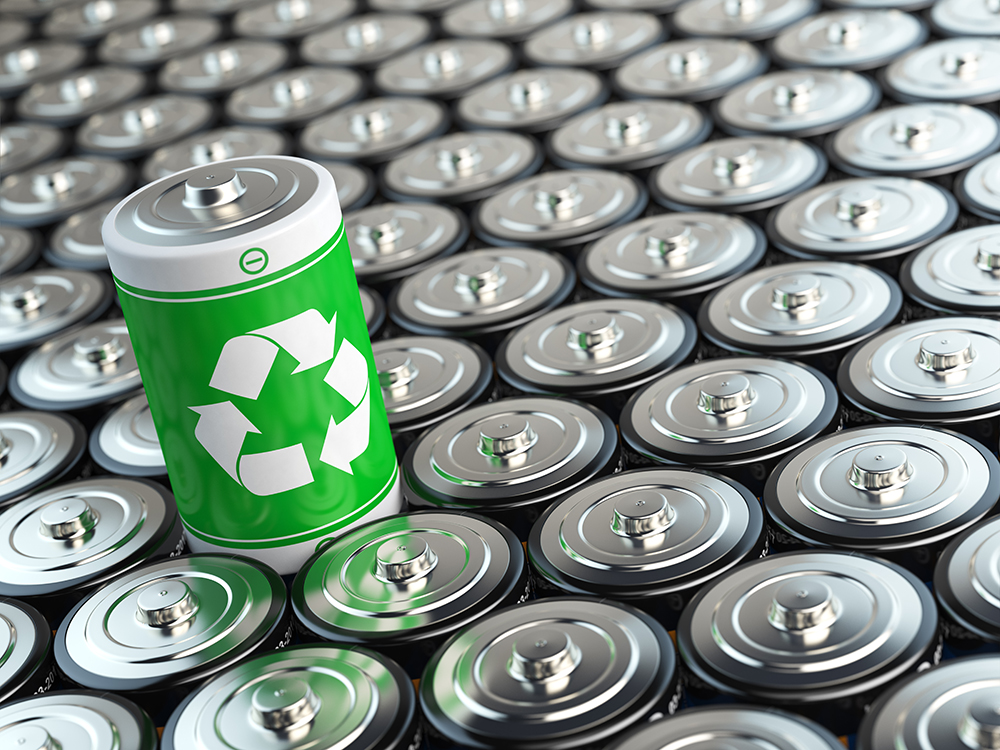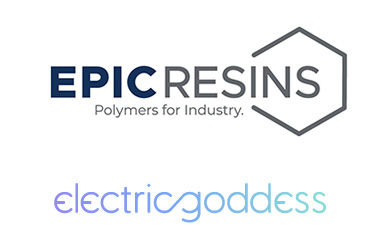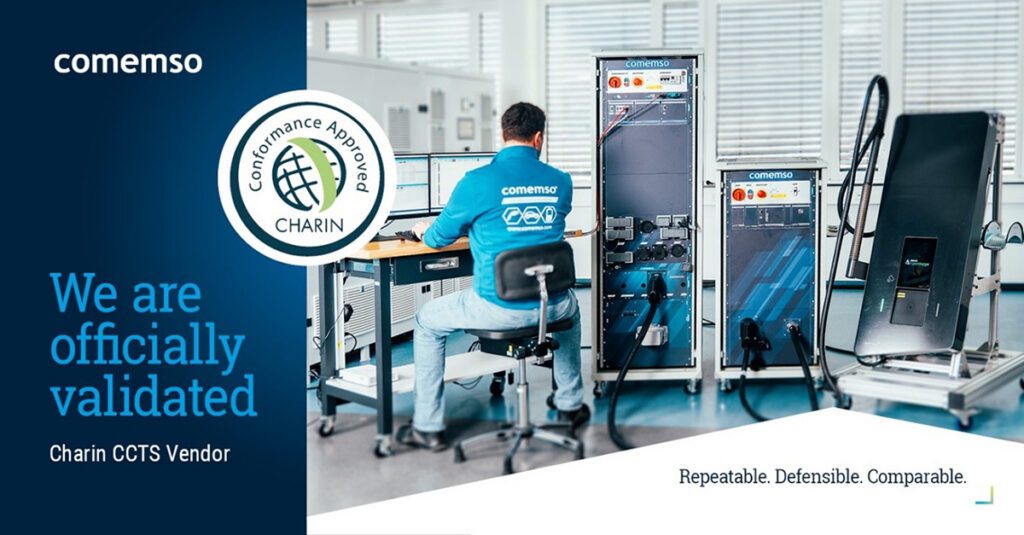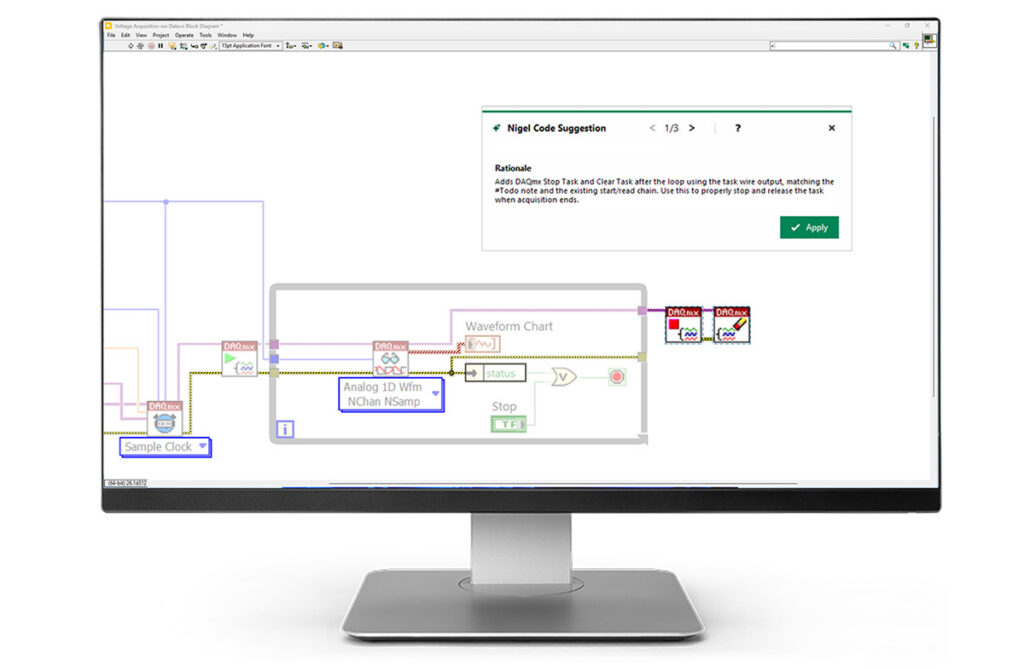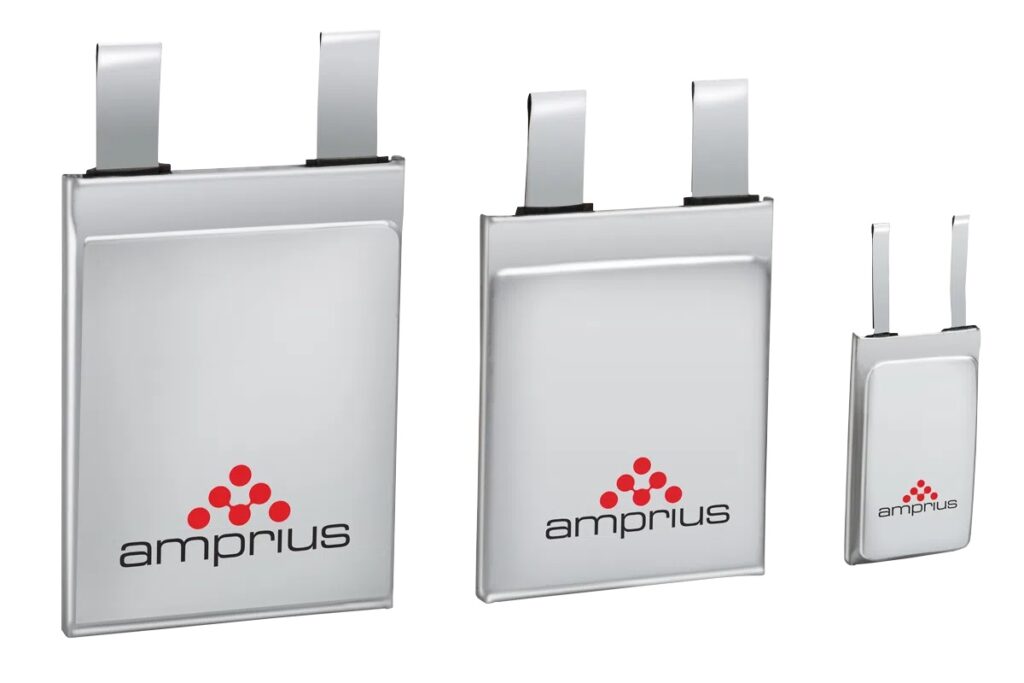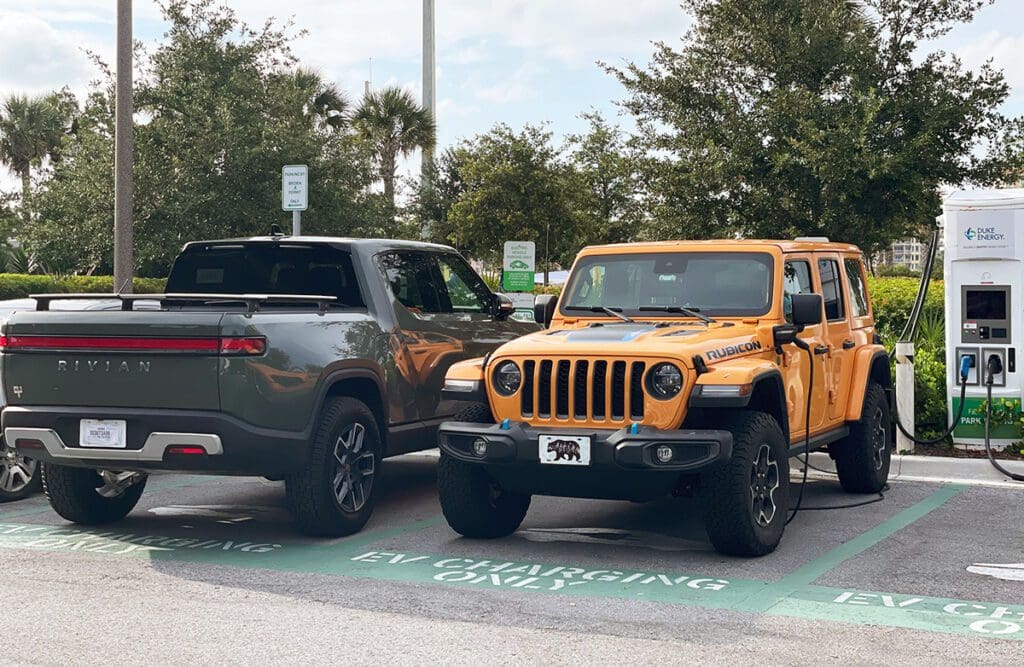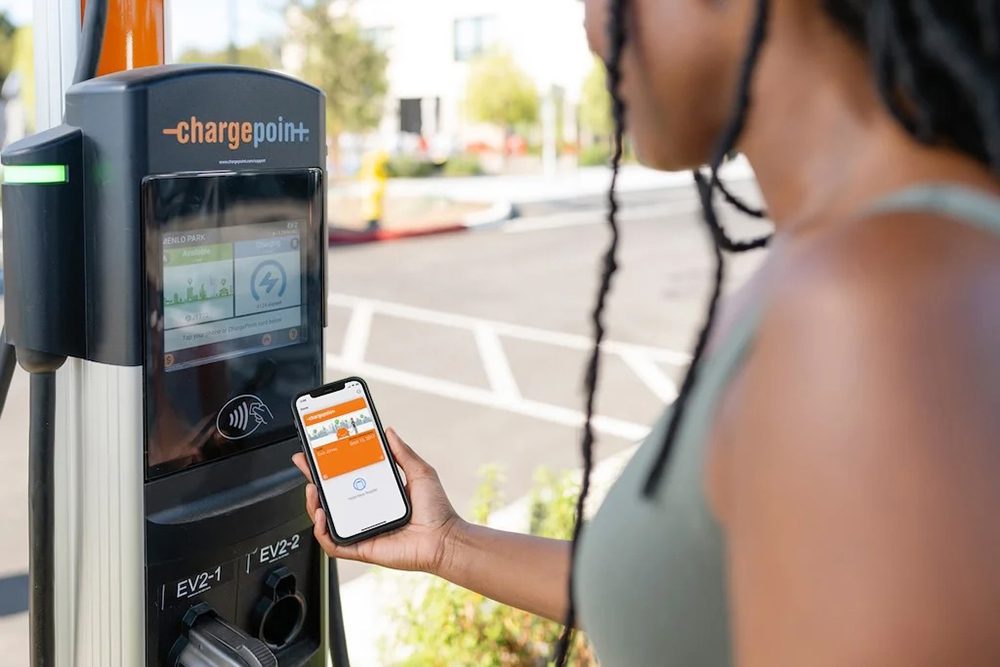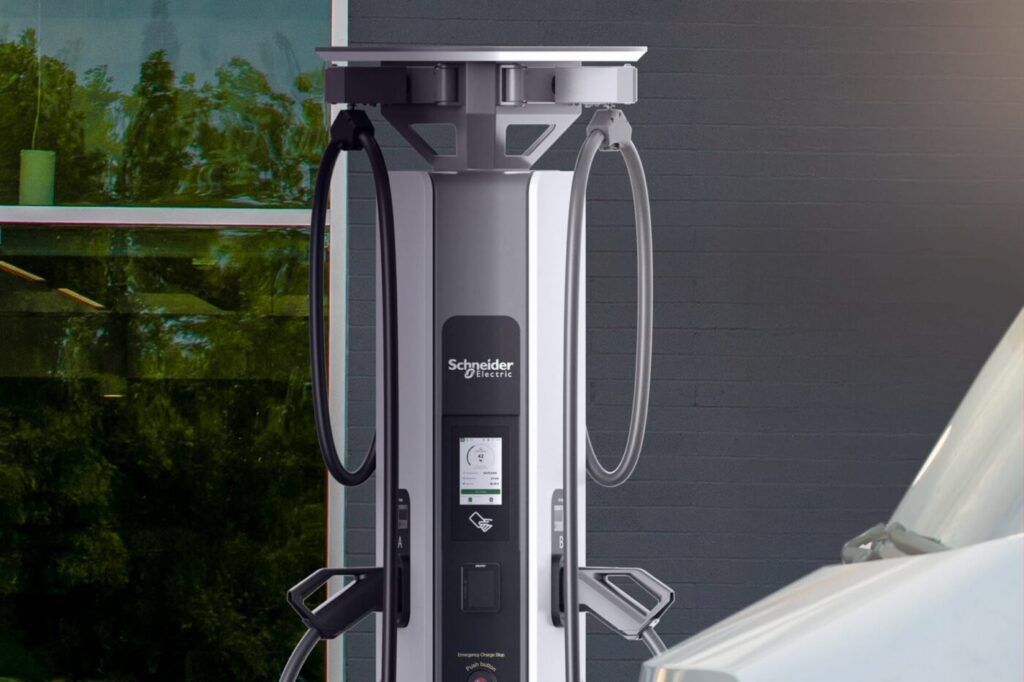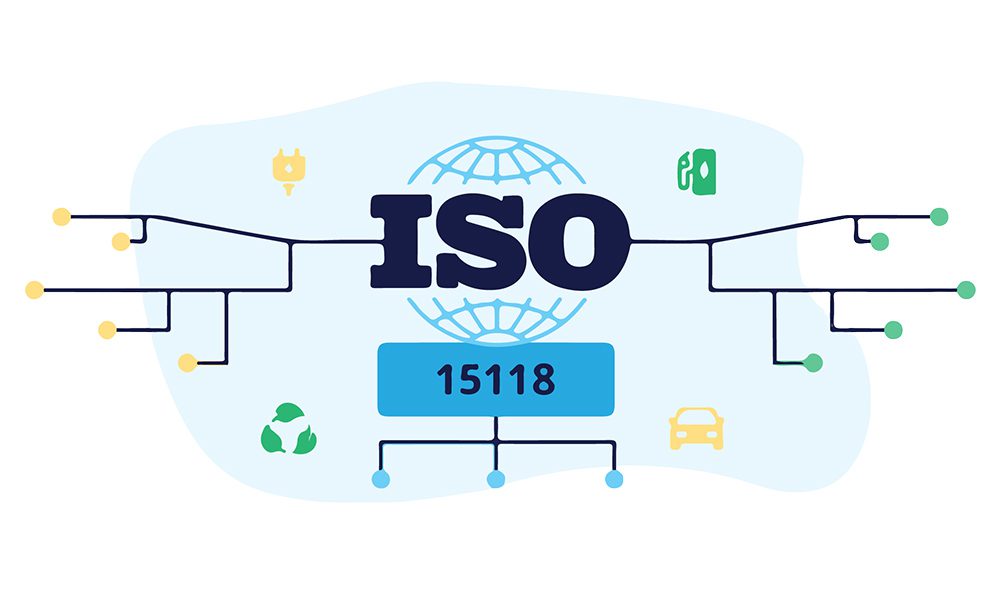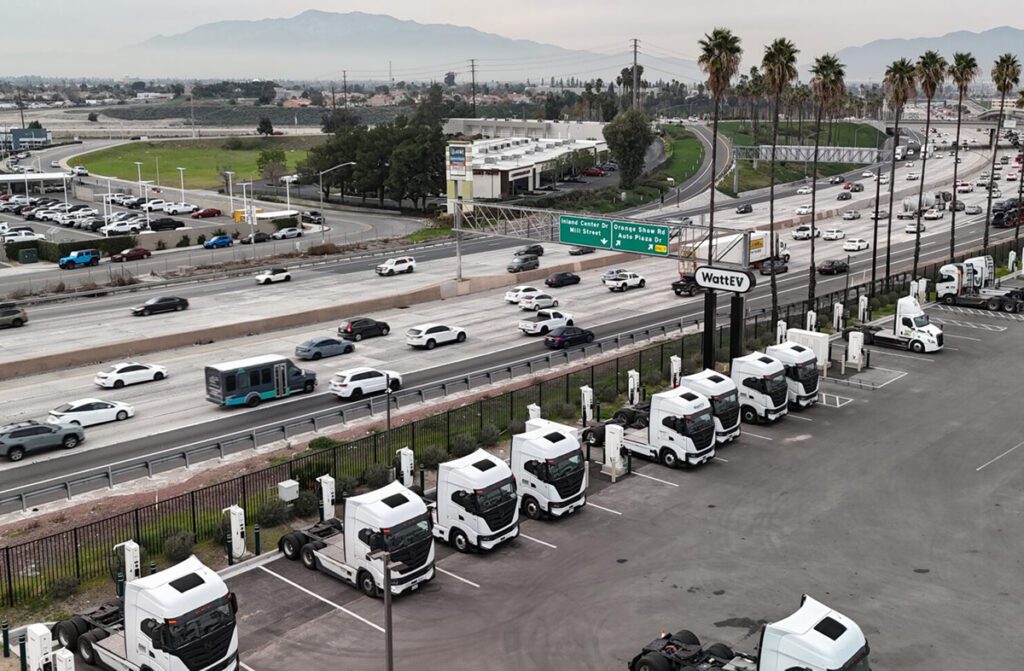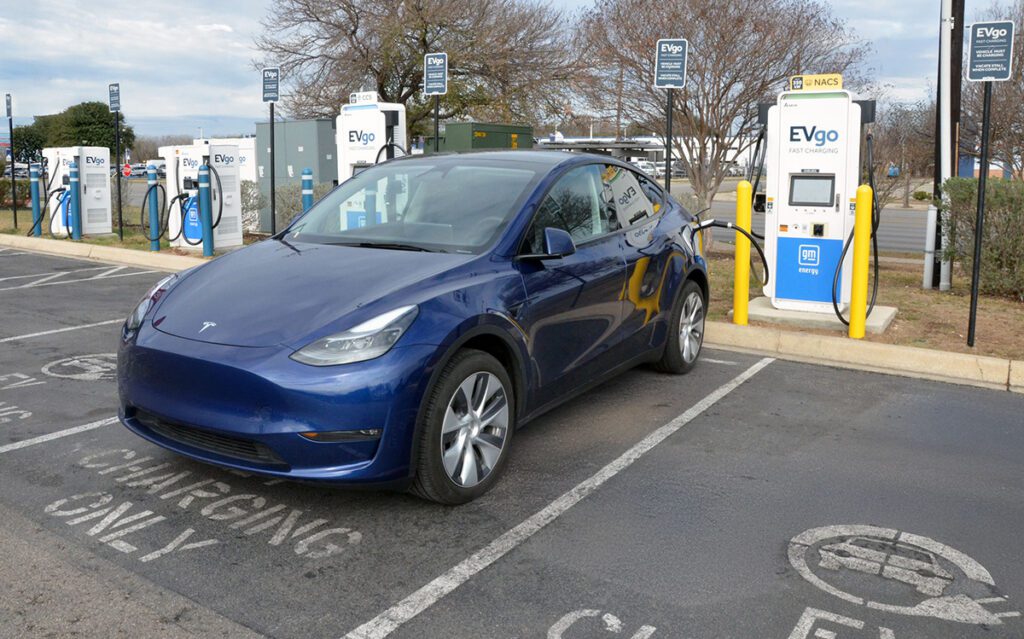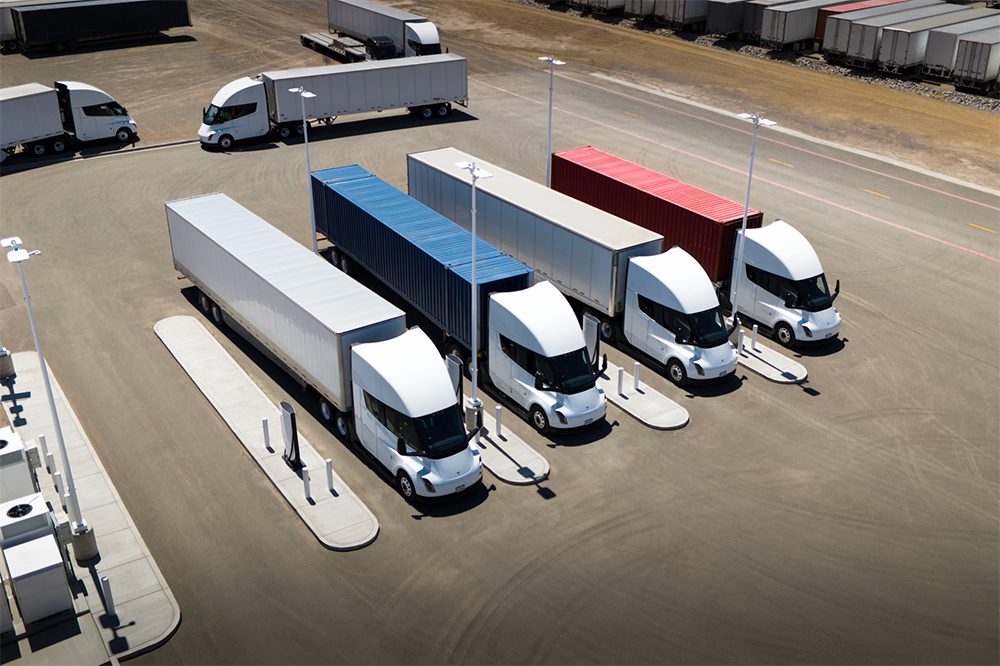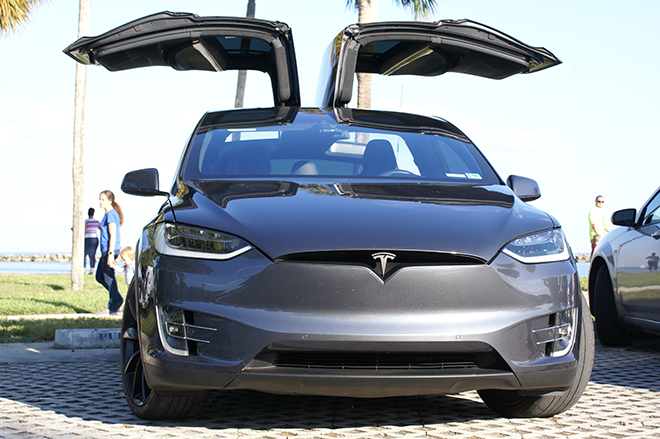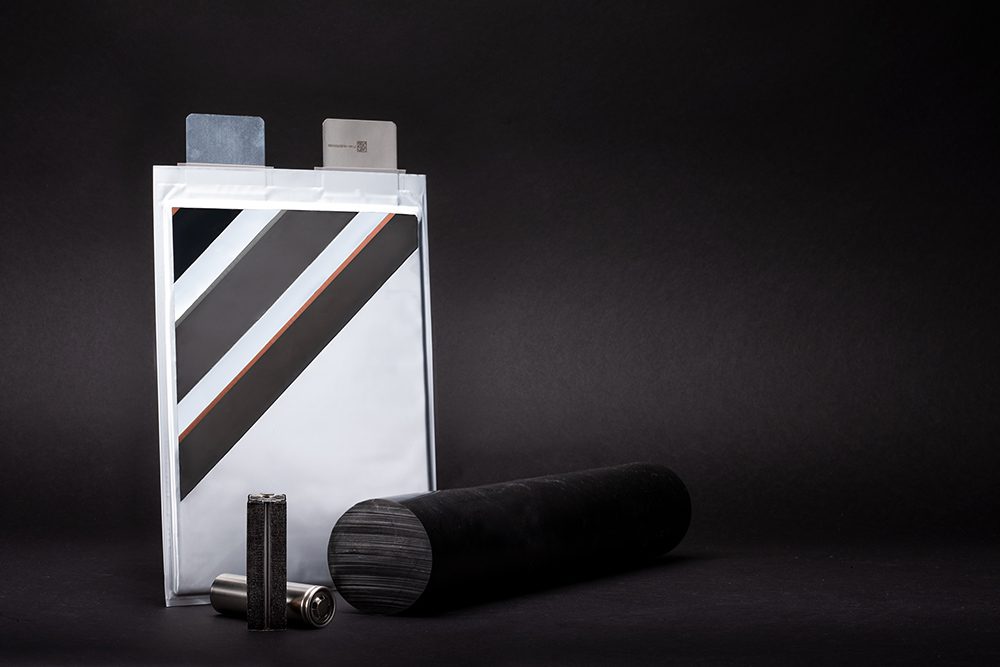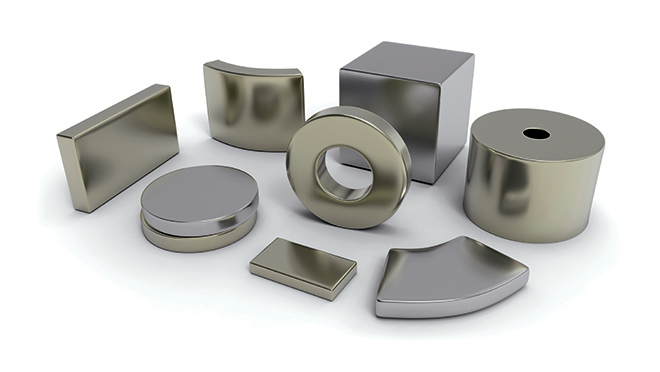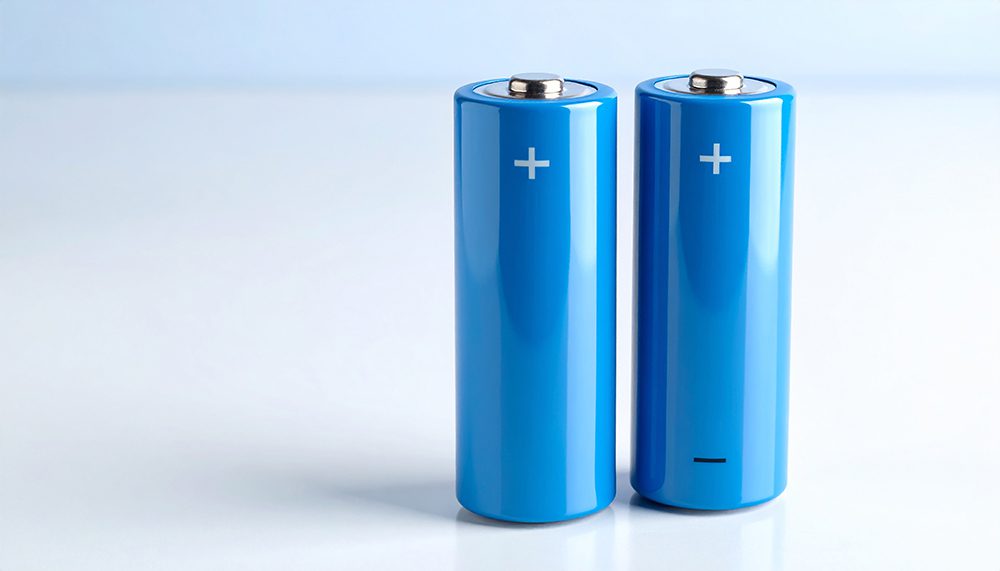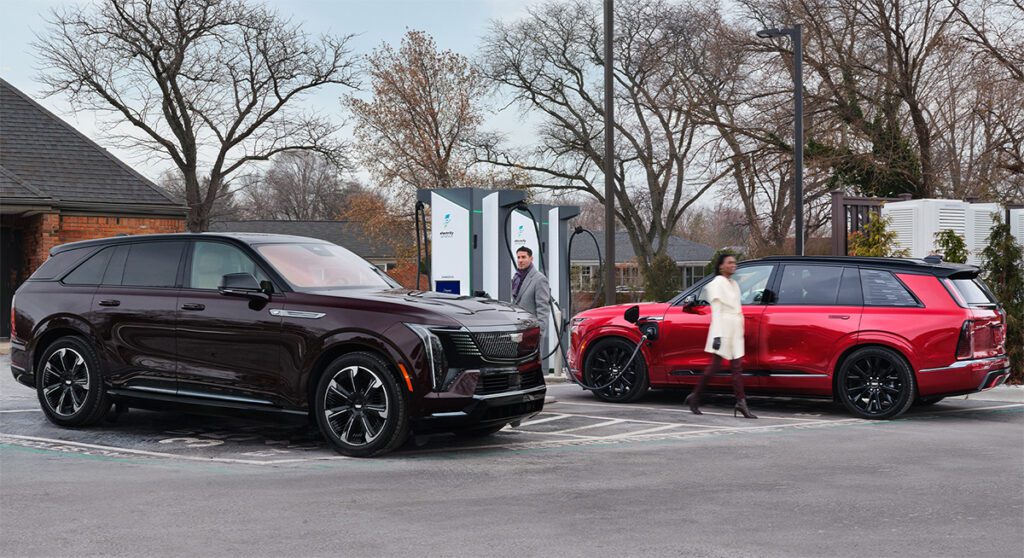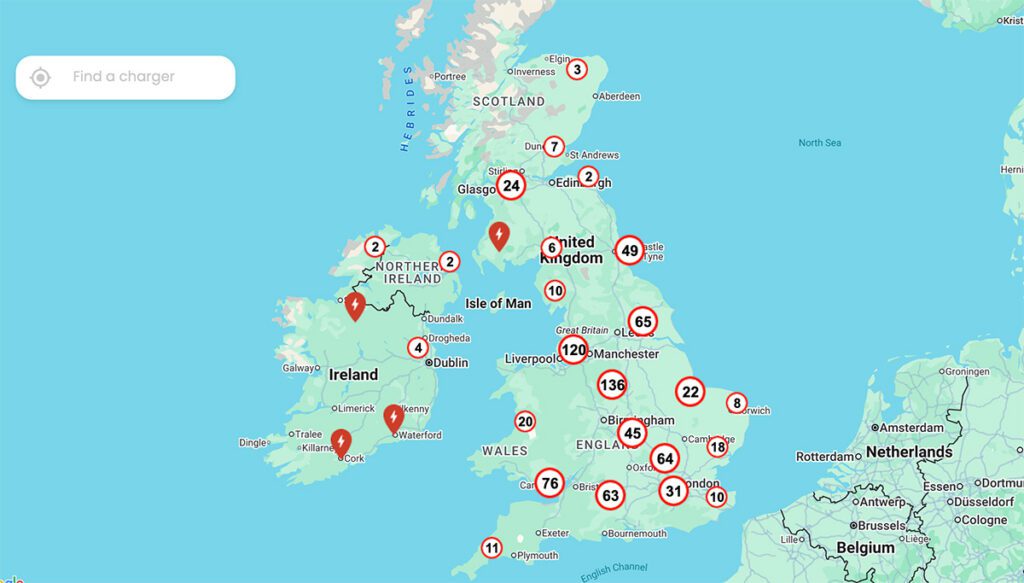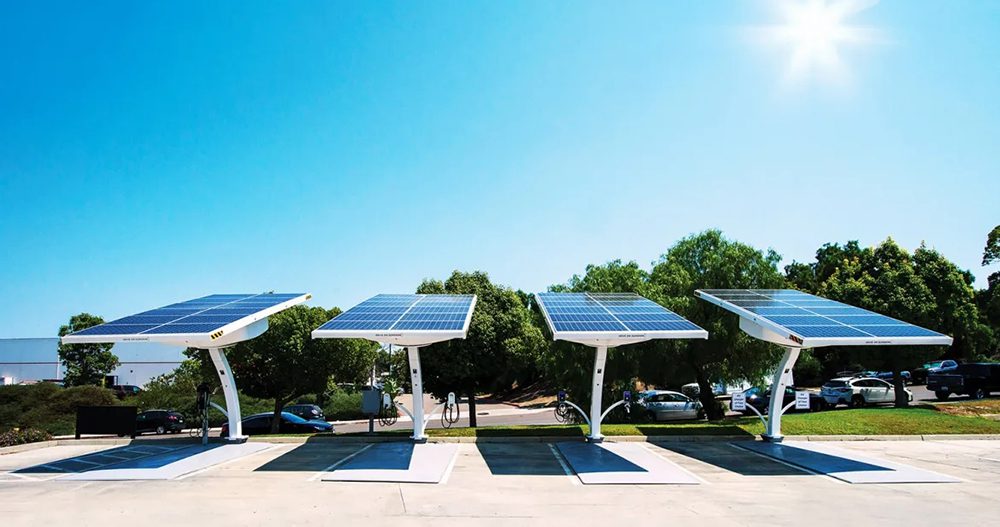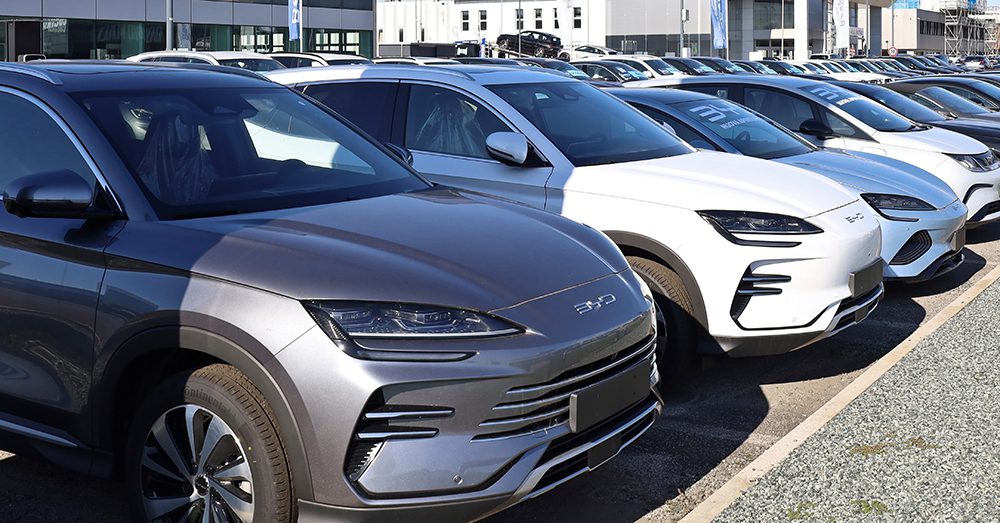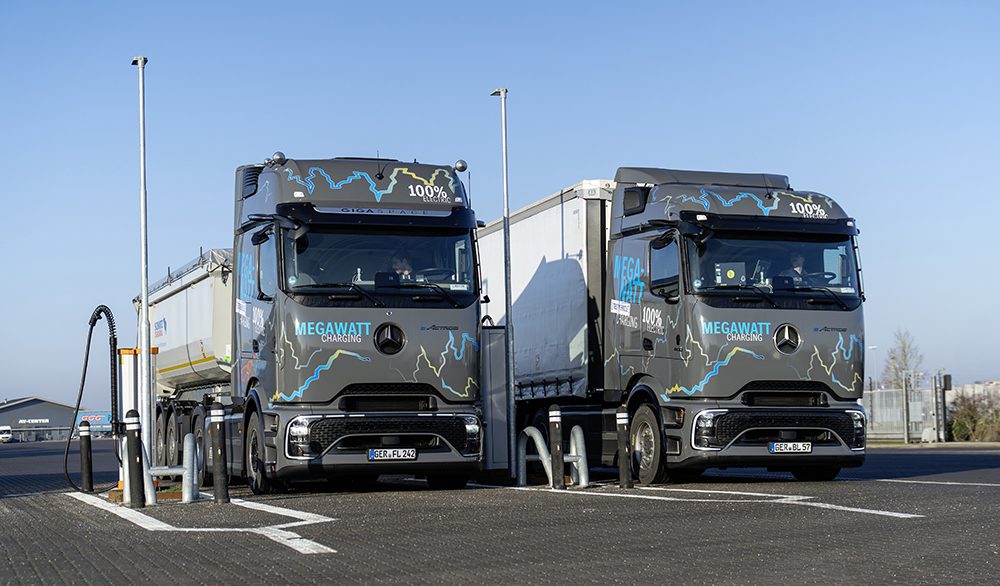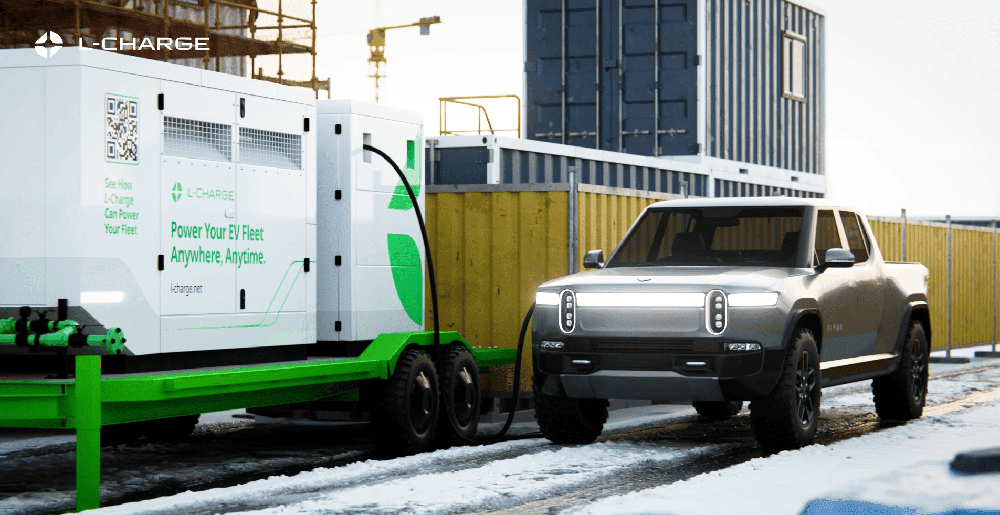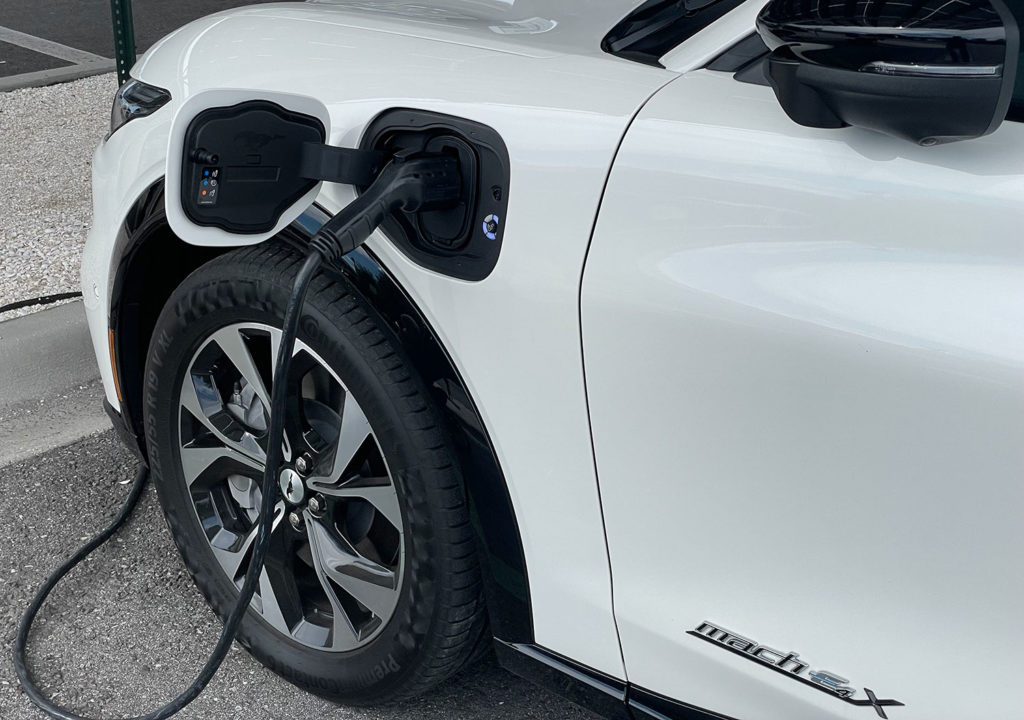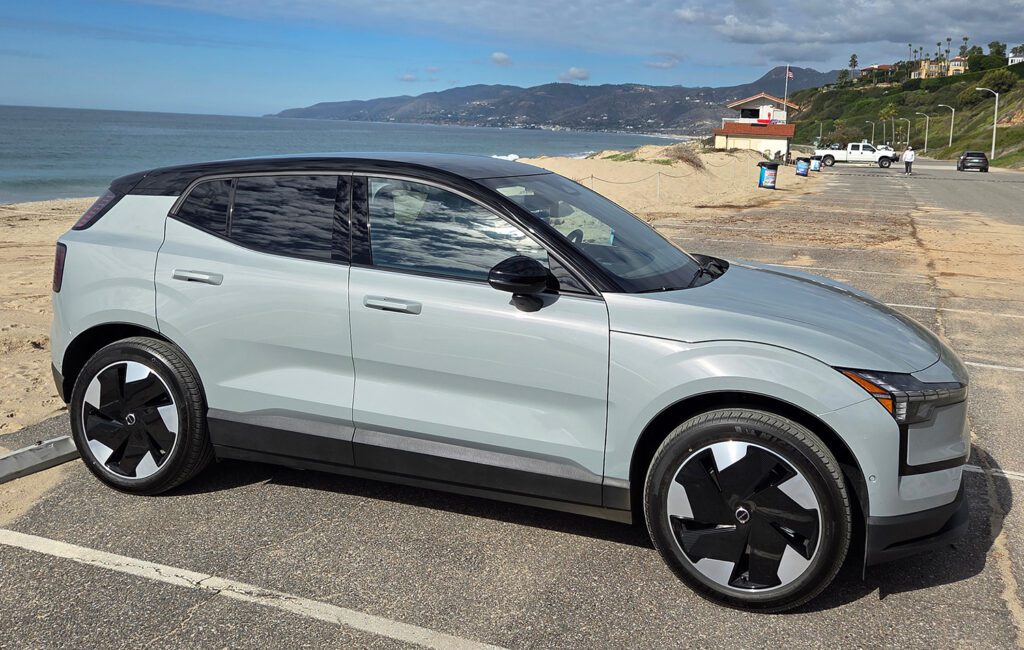Materials recovered from end-of-life batteries and gigafactory scrap have the potential to build up to 2.4 million EVs in Europe by the end of the decade, cutting the continent’s reliance on mineral imports, according to research by non-governmental sustainability group Transport & Environment (T&E).
Recycling spent battery cells and production scrap could provide 14% of the lithium, 16% of the nickel, 17% of the manganese, and 25% of the cobalt that Europe will need for electric cars in 2030, the study found. The region has the potential to be almost self-sufficient in supplying cobalt for EVs in 2040.
Recycling could replace the need for primary ores, avoiding the need to build 12 new mines globally by 2040: four lithium, three nickel, four cobalt and one manganese. This would also reduce the potential negative environmental effects on water, soil and biodiversity from those mines.
As well as reducing both extraction and imports of raw materials, recycling within Europe could cut the carbon footprint of sourcing lithium by around 19% compared to extracting it in Australia and refining it in China. This is because of Europe’s cleaner electricity grid.
However, to reap the economic and sustainability benefits, Europe needs to scale up its recycling industry. The EU and the UK will not be able to harness this potential unless they secure recycling projects that are at risk of being cancelled, T&E said. Almost half of the recycling capacity that has been announced for the region is on hold or uncertain whether it will go ahead, according to the report.
T&E called on the EU and the UK to urgently prioritize support for recycling across their policies and funding programs. The EU’s upcoming proposal for a Circular Economy Act should support the scaling of local recycling factories while also restricting exports of battery waste and simplifying the shipment of end-of-life battery materials within Europe, the organization said.
“If Europe delivers on its recycling plans, it can slash its reliance on imported critical metals. The expected volumes of locally recovered materials can enable Europe to build millions of clean electric vehicles locally,” said Julia Poliscanova, Senior Director at T&E. “Neither the EU nor the UK are ready to capture the recycling opportunity. Almost half of the planned recycling capacity is at risk due to high energy costs, a shortage of technical expertise or a lack of financial support. It’s time to start treating battery recycling like another clean tech and prioritize it in our policy and grant making.”
Source: Transport & Environment







